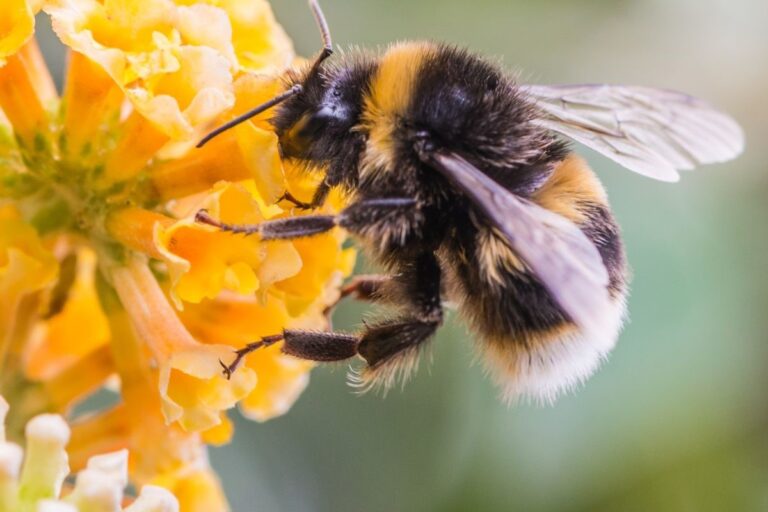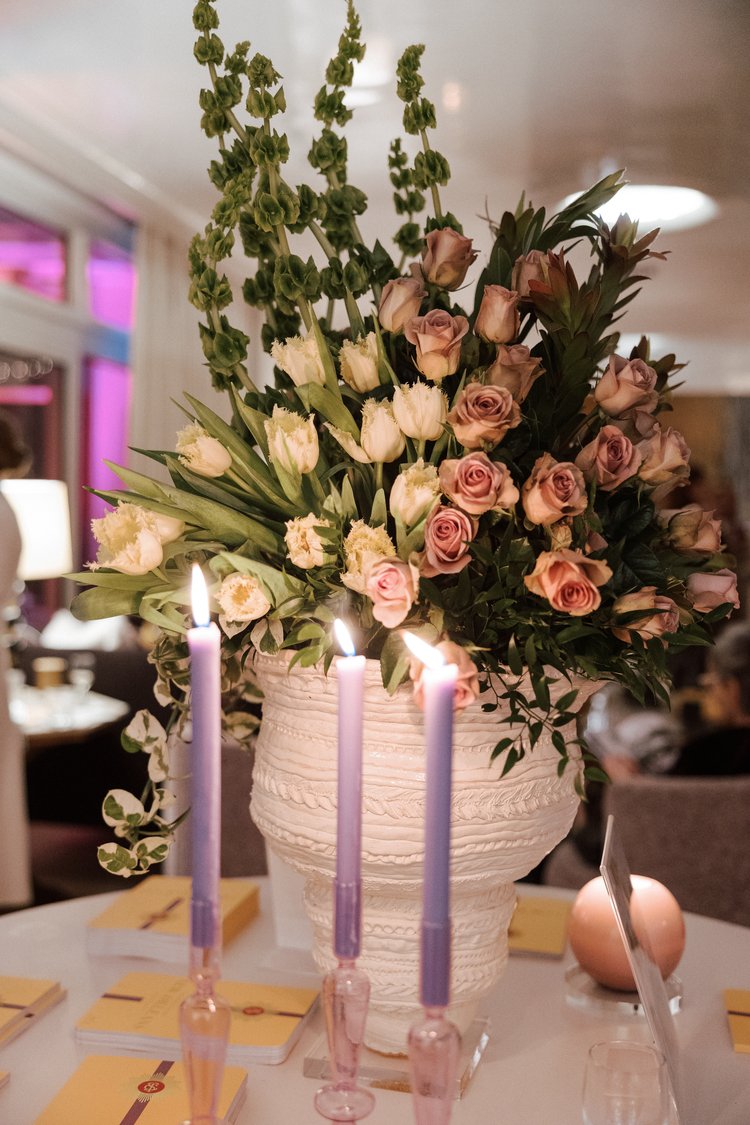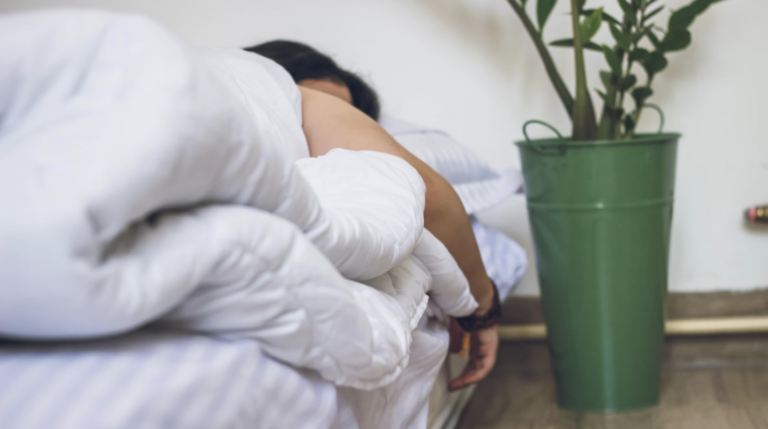At TPG, we are spoiled rotten with pollinators. Our garden center is basically an “all-you-can-eat-buffet” for them and we are graced with their presence almost every day. Today we are going to guide you on how to garden for pollinators in the New Orleans area.
This post was inspired by our recent Earth Day presentation at Dillard University on pollinators and their role in our environment. It is very important to take care of our pollinators. Did you know that according to the Xerces society, the Western United States population of Monarch butterflies has experienced a 99.4% decline since the 1980s and more than 80% here on the Eastern side of the U.S.? That is extremely dire news!
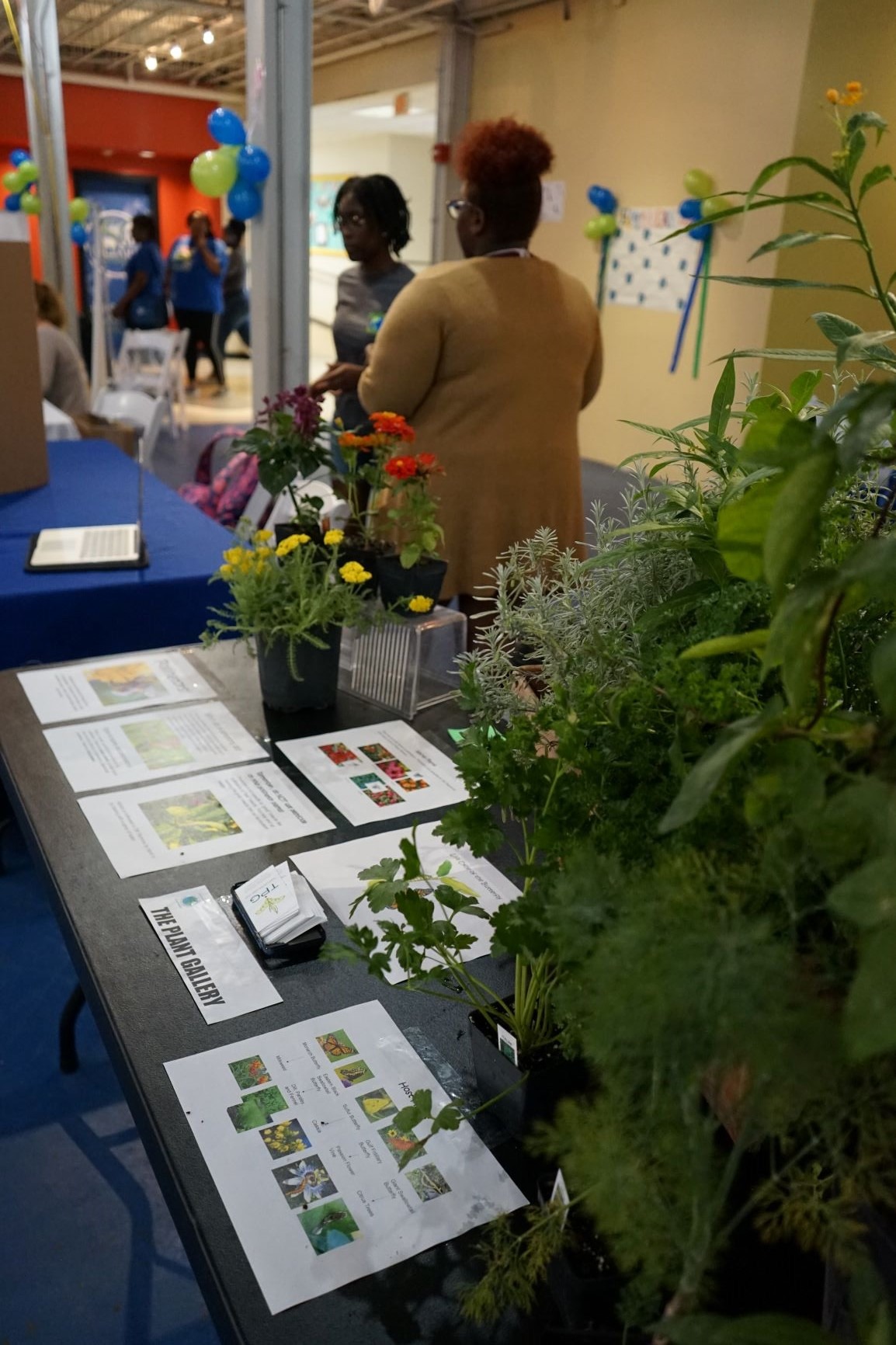
So what are pollinators? Why they are important? How do we garden and support our local pollinators?
Let’s start with the question: What are pollinators? Well, pollinators are animals and insects that fertilize plants by carrying pollen from one plant to another. Pollinators can be bees, birds, butterflies, wasps, moths, and even flies, lizards, and humans.
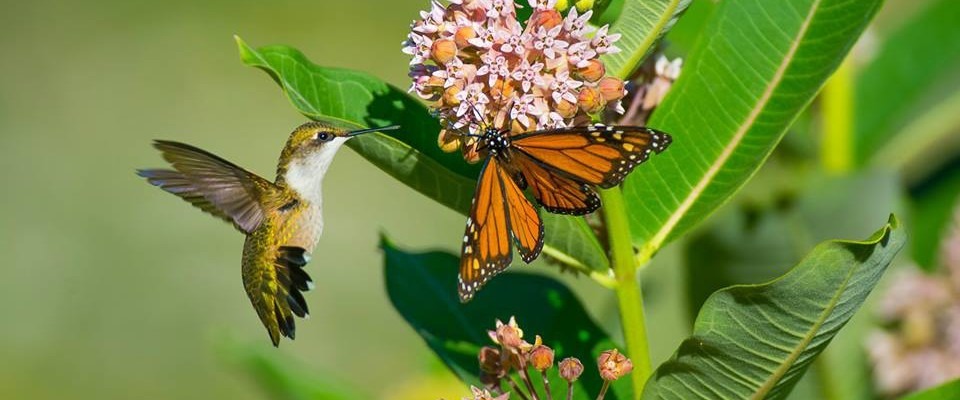
What do pollinators do?
Pollinators fertilize flowers by bringing the pollen from the male part of the flower to the female part of the flower. Without fertilization, the flowers cannot reproduce or produce fruit. Meaning, that without pollinators, many plants would not be able to reproduce or produce fruit. That can affect our food supply since all fruits and vegetables come from fertilized flowers of their respective plants.
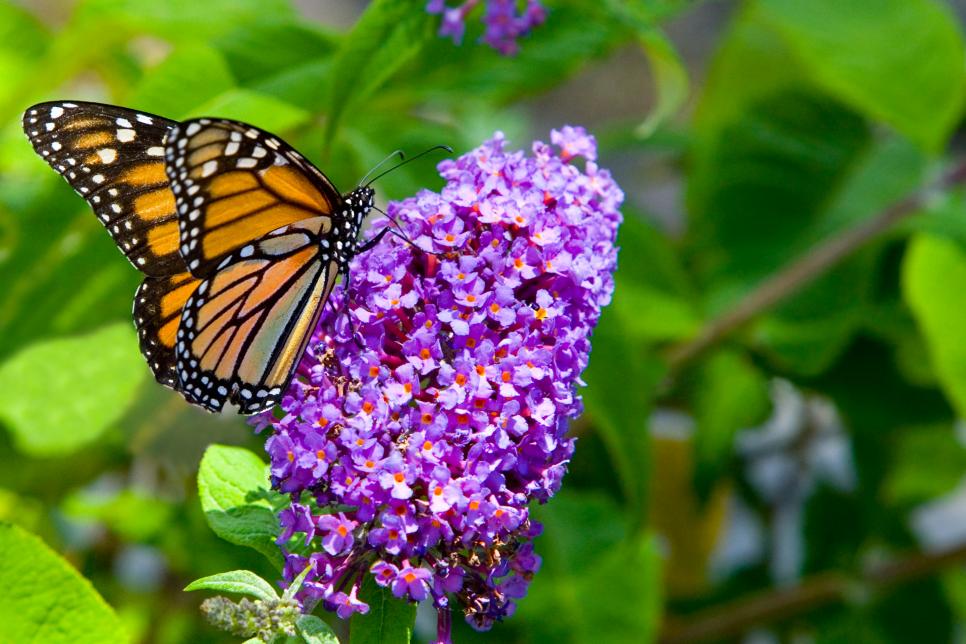
Role of plants and pollinators. How are they related?
Plants, in return, provide food and nectar for pollinators. These are nectar plants. Nectar plants are usually plants that flower and even better, are native plants that flower. Certain plants also host the offspring of pollinators, specifically butterflies. These are host plants.
Nectar Plants = Food for pollinators
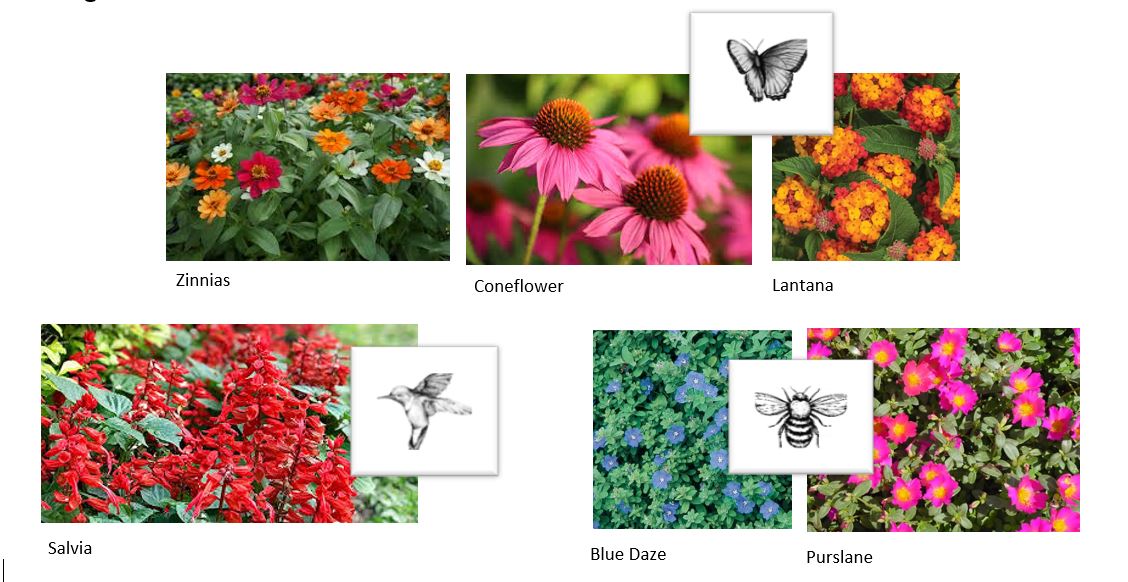
Host Plants = Necessary for butterfly offspring
Understanding the life cycle of a butterfly is helpful in understanding why host plants are important. The lifecycle of the butterfly starts with an egg laid on the host plant. Once the egg hatches, a baby caterpillar is born and feeds on the host plant as it grows older. Only this specific type of plant can provide food for the caterpillar so it is crucial that butterflies have these plants available to them to lay their eggs. Once the baby caterpillar grows large enough, it finds a safe place to form a chrysalis (cocoon) and suspends itself in this chrysalis for a period of time. From the chrysalis, a butterfly emerges and the butterfly is at its adult stage. At the adult butterfly stage, butterflies need nectar from flowers to feed themselves and breed. The adult butterfly finds a host plant upon which to lay its eggs and the life cycle starts all over again!
Below is a chart of the different types of butterflies in Southeastern Louisiana and their respective host plants.
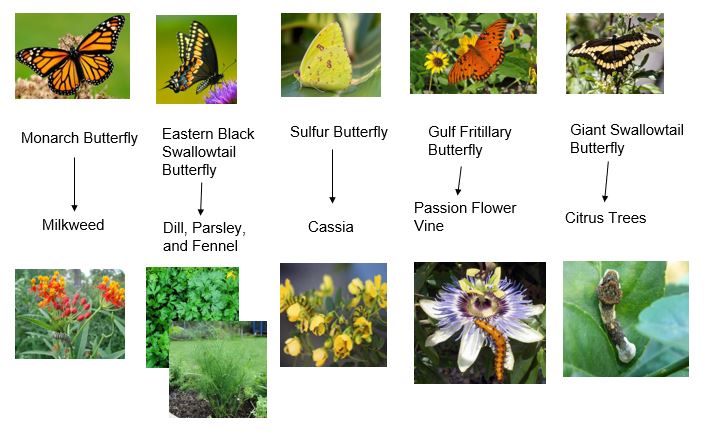
One last thing to remember when gardening for butterflies: Do NOT apply pesticides to your pollinator plants. Pesticide is not specific to “good” insects like pollinators or “bad” insects. You may end up harming the good insects that our ecosystem needs. If it is absolutely necessary, the LSU Ag Center recommends applying the pesticides at night when most pollinators are not active.
Most commonly: Aphids on milkweed are OK! Remove by hand or by blasting with a spray of water.
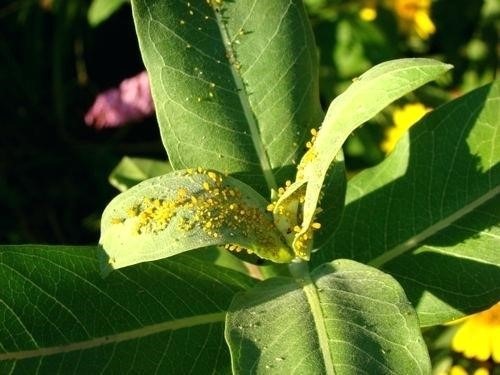
As always, thank you for reading! We hope that this inspires you to plant some flowers for the pollinators in our area! You can check out our garden center in New Orleans at 9401 Airline Hwy to learn more and purchase pollinator plants!
